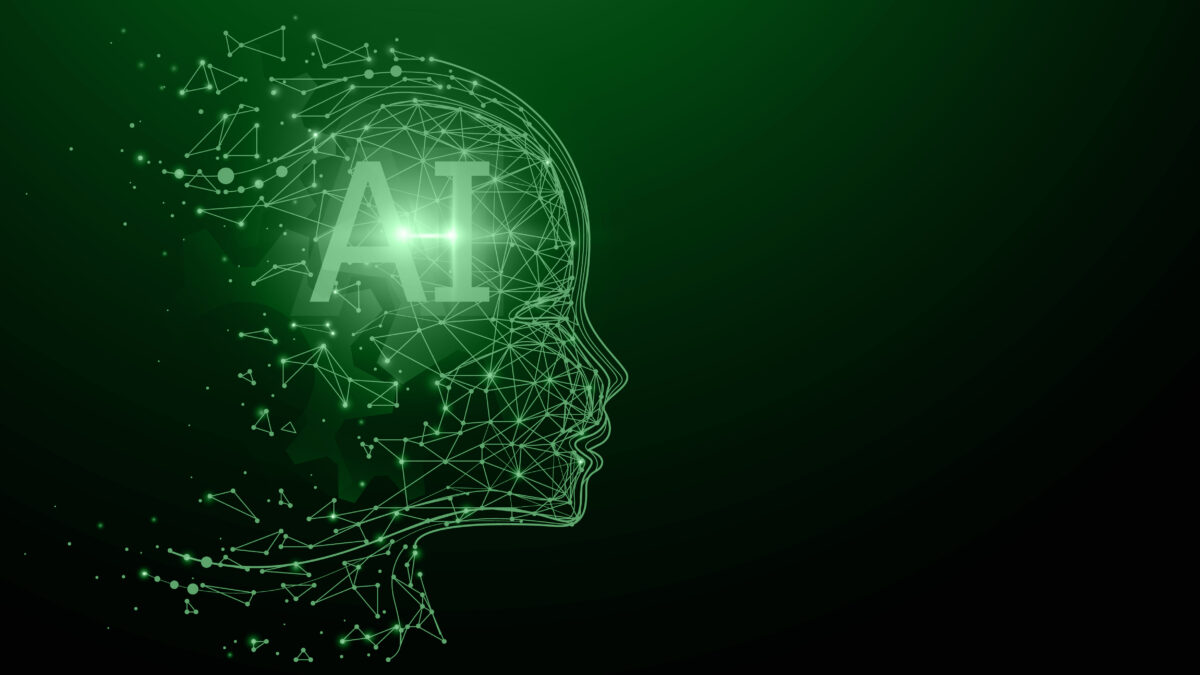
Upskilling and Reskilling Strategies: The Key to Bridging Workforce Skill Gaps
April 1, 2025
The Future of Work: How AI and Automation Are Reshaping Workforce Needs
The workplace is undergoing a transformation unlike anything we’ve seen before. Advances in artificial intelligence (AI), automation, and other cutting-edge technologies are revolutionizing industries, changing the nature of jobs, and redefining the skills needed to succeed in the workforce. At Strategic Staffing Solutions (S3), we help businesses navigate this evolving landscape by providing agile workforce solutions that bridge the gap between emerging technologies and human expertise.
Key Trends Shaping the Future of Work
The Rise of Automation
Automation is increasingly handling repetitive, rule-based tasks across industries. From manufacturing to finance, robots and algorithms are performing processes once reserved for humans. This shift not only improves efficiency but also frees workers to focus on higher-value tasks like strategy and innovation. S3supports organizations in integrating automation while developing strategic workforce plans that empower employees to adapt and thrive.
AI-Driven Decision Making
AI is playing a crucial role in helping organizations make data-driven decisions. Machine learning algorithms analyze massive datasets to uncover patterns, predict trends, and optimize operations. For employees, this means a growing need to interpret and act on AI-generated insights. S3 partners with companies to identify talent equipped with analytical and problem-solving skills, ensuring businesses maximize the potential of AI without losing the human element.
The Evolution of Roles
As technology takes over routine tasks, entirely new job categories are emerging. Roles like AI trainers, machine learning specialists, and automation ethicists are in high demand. At the same time, traditional roles are evolving, requiring workers to develop hybrid skills that blend technical expertise with human-centered capabilities. S3 specializes in sourcing and developing talent that meets these new demands, ensuring organizations stay competitive in a rapidly changing job market.
The Gig Economy and Remote Work
Technology has enabled the rise of the gig economy and remote work, allowing workers to connect with employers across the globe. Flexibility and adaptability are becoming essential traits as businesses tap into a diverse, decentralized talent pool. S3 helps organizations build agile workforce models that leverage remote talent while maintaining productivity and collaboration.
Upskilling and Lifelong Learning
As job requirements change, so does the need for upskilling. Employees must continually learn to stay relevant in their fields. Organizations are investing in training programs and partnerships with educational institutions to bridge skill gaps and prepare their teams for the future.
Challenges in the Age of AI and Automation
While the benefits of AI and automation are undeniable, they also come with challenges:
- Job Displacement: Some workers may face job losses as their roles are automated. Addressing this requires proactive reskilling initiatives, a key focus area for S3.
- Ethical Considerations: The deployment of AI raises questions about privacy, bias, and accountability. Businesses must navigate these issues responsibly, and S3 helps organizations establish ethical AI governance frameworks.
- Workforce Inequality: Access to new technologies and training opportunities isn’t uniform, risking a widening gap between skilled and unskilled workers. S3 is committed to diversity and inclusion, ensuring all employees have opportunities to reskill and grow.
Preparing for the Workforce of Tomorrow
As we navigate these changes, it’s crucial to ask the right questions:
- How can businesses balance the benefits of automation with the need for human jobs?
- What strategies can organizations use to ensure employees have access to reskilling and upskilling opportunities?
- How can leaders foster a culture of innovation and adaptability within their teams?
- What safeguards should be in place to address ethical concerns related to AI in the workplace?
- How can individuals future-proof their careers in an era of rapid technological change?
At S3, we believe the future of work will be defined by those who embrace change and proactively prepare for what lies ahead. By implementing workforce solutions that align with AI and automation advancements, businesses can empower their teams, drive innovation, and secure long-term success.
Let’s Talk About the Future
What are your thoughts on the role of technology in shaping the workplace? Share your perspective in the comments!



